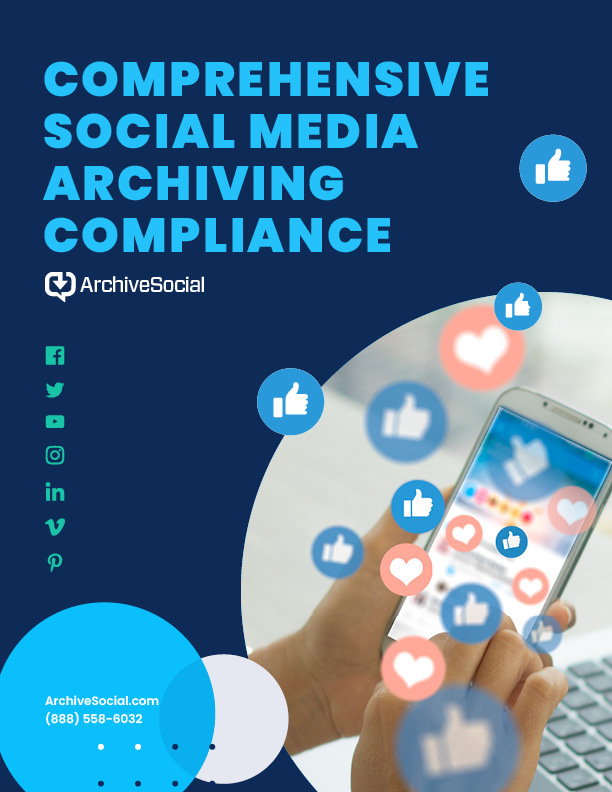The City of Shoreline, Washington must pay more than half a million dollars to resolve a seven-year lawsuit that brought electronic metadata within the scope of the state public records law, according to a recent blog post on the Reporters Committee for Freedom of the Press.
The lawsuit, O’Neill vs. Shoreline, went to the state Supreme Court and back, eventually establishing that state public-records law applies to “metadata,” or data about data — in this case, electronic information indicating the sender of an email.
Background
The Seattle Times provides a good summary of the case:
The suit originated at a September 2006 City Council meeting in which former Deputy Mayor Maggie Fimia read aloud an email she said she had received from Beth O’Neill.
O’Neill, who was attending the meeting, had not sent the message. So she requested a copy of it to see who did.
But before handing it over, Fimia removed the part of the email that indicated the sender. And then she deleted the email itself.
The city then decided not to dissect Fimia’s computer to get the email’s metadata.
O’Neill sued, claiming the city had violated the Public Records Act.
Why the case is important
The Supreme Court’s 2010 ruling made Washington the second state, following Arizona, to establish explicitly that metadata are public records.
While this case focused on email, it is important to recognize that social media is a form of electronic communication and should be treated as such.
In other words, preserving metadata of social media records is critical to mitigating the potential risks that social media use poses.
Choosing a solution
If your government organization is considering a social media archiving solution to meet open records and compliance standards, make sure that metadata is preserved.
Want to learn more about about how governments around the world are managing social media public records?


